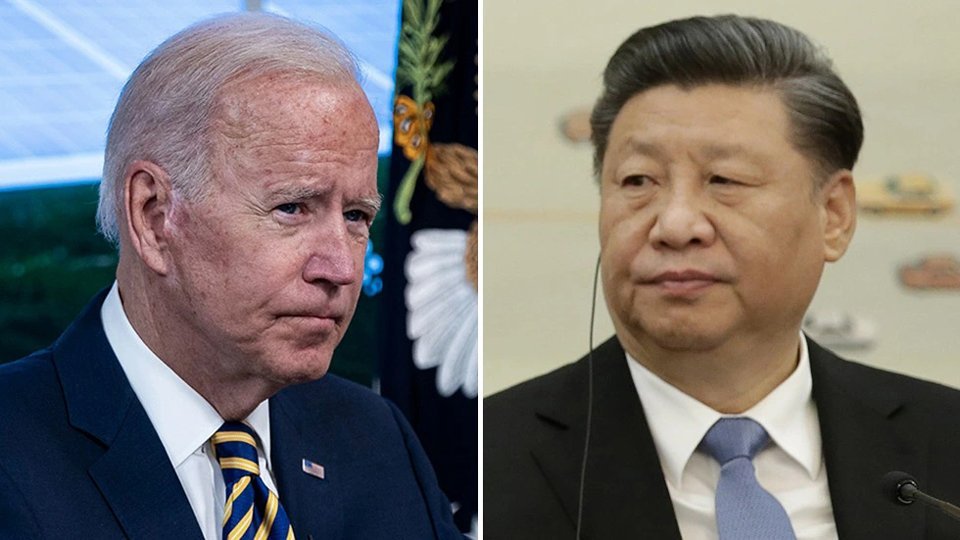If China and the United States fought a war, it would not be surprising to begin that story at a new dense regulation released recently by a little-known government agency called the Bureau of Industry and Security (BIS).
Entitled the “Entity List Modification — Implementation of Additional Export Controls: Certain Advanced Computing and Semiconductor Manufacturing Items; Supercomputer and Semiconductor End Use,” it could not be described as anything other than a way to break China’s supply chain of computing chips and semiconductors through economic cold warfare.
Broken down into damage control, this 139-page regulation places extraterritorial limits on the exportation of goods, namely chips and supercomputing components, into China. This applies not only to firms operating in the U.S., but intermediary firms, perhaps operating elsewhere in the world, but which use American chips or chip manufacturing equipment.
“Although framed as a national security measure, the primary damage to China will be economic, on a scale well out of proportion to Washington’s cited military and intelligence concerns,” writes Jon Bateman, a senior fellow in the Technology and International Affairs Program at the Carnegie Endowment for International Peace, as he examined the reg in Foreign Policy.
As the world economy found in 2021, chips are in short supply at baseline, but critically needed for our increasingly digitized world. The supply chain disruption resulting particularly from the harsh lockdown policies of Asia over COVID-19 revealed to the 79-year-old President Biden, who likely couldn’t tell you how a chip works, that they are emerging as a key resource—the equivalent to oil in the buildup to WWII.
Central to their strong-arming of China under this ruling is the use of the Entity List, which blocks designated firms from importing US goods without a license.
Between 2018 and 2022, China hawks Trump and Biden oversaw a quadrupling in the number of unique Chinese companies on this list, from 130 to 532. Unsurprisingly, all Chinese chip manufacturers, supercomputing organizations, and software and hardware firms are thusly listed.




